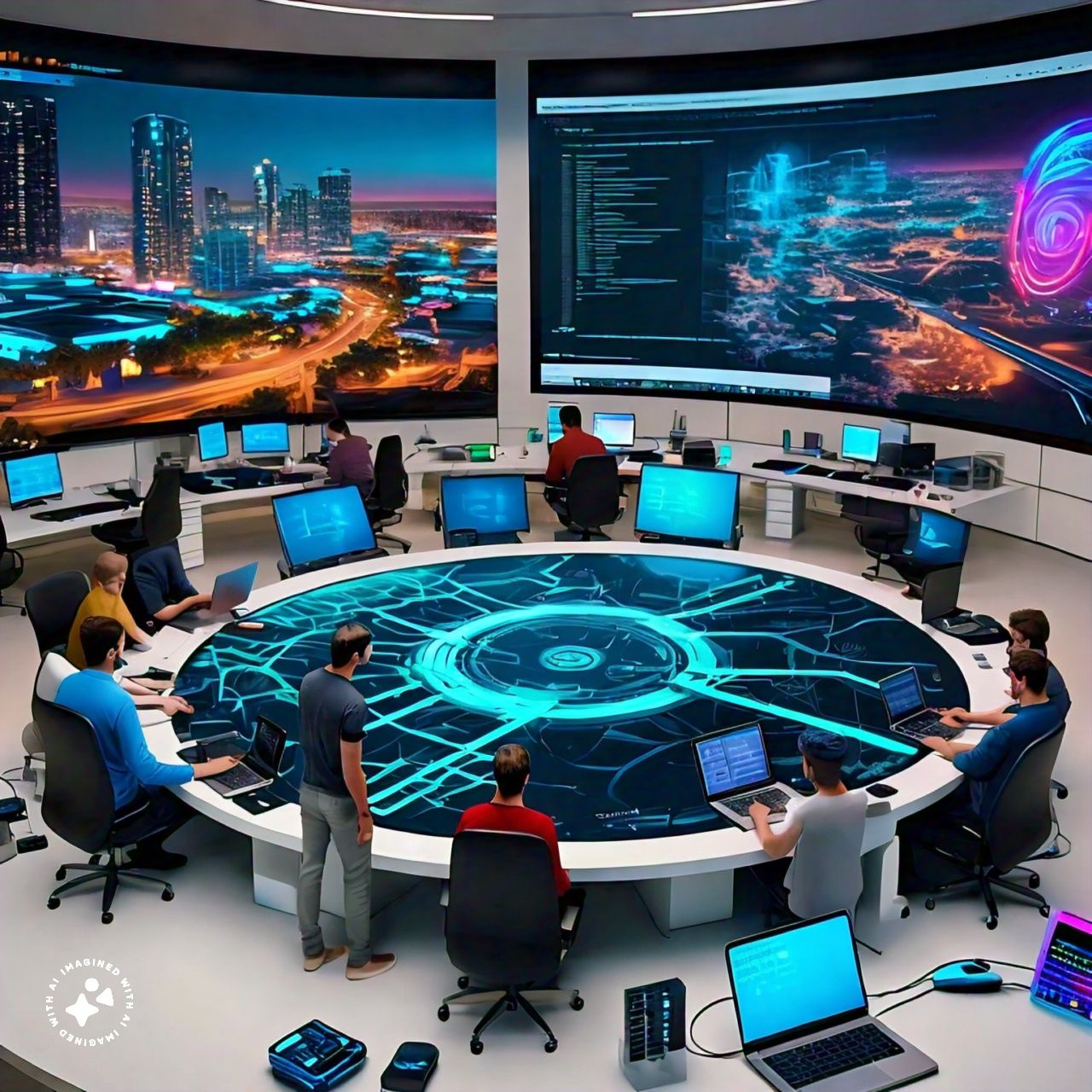As we move further into the digital age, the landscape of programming continues to evolve rapidly. With new technologies emerging and existing ones advancing, it's essential for programmers to stay informed about the latest trends. In this blog, we'll explore the future of programming and highlight key trends to watch in 2024 and beyond.
1. The Rise of AI and Machine Learning
Artificial Intelligence (AI) and Machine Learning (ML) are transforming industries by automating complex tasks and providing insights from vast amounts of data. Programmers proficient in AI and ML are in high demand, and languages like Python and R are becoming increasingly important.
2. Quantum Computing
Quantum computing promises to revolutionize computing power, solving problems that are currently intractable for classical computers. Understanding quantum algorithms and quantum programming languages such as Q# and IBM's Qiskit will be crucial for future programmers.
3. Edge Computing
As the Internet of Things (IoT) expands, edge computing is becoming more prominent. It involves processing data closer to the data source rather than in a centralized data center, reducing latency and bandwidth use. Familiarity with edge computing frameworks and tools will be valuable.
4. Cybersecurity Advancements
With the increasing number of cyber threats, cybersecurity remains a top priority. Programmers must stay updated on the latest security practices, encryption techniques, and ethical hacking to protect sensitive data and systems.
5. Low-Code and No-Code Platforms
Low-code and no-code platforms are making it easier for non-programmers to develop applications. These tools are democratizing software development, allowing more people to bring their ideas to life without extensive coding knowledge.
6. Blockchain Technology
Blockchain is not just about cryptocurrencies; it's a decentralized technology with applications in various industries, including finance, supply chain, and healthcare. Learning blockchain development, smart contracts, and decentralized applications (DApps) is becoming increasingly relevant.
7. Progressive Web Apps (PWAs)
Progressive Web Apps offer a seamless experience between web and mobile apps. They load quickly, work offline, and provide a native app-like experience. Mastering PWA development can open up new opportunities in web development.
8. Augmented Reality (AR) and Virtual Reality (VR)
AR and VR are growing fields with applications in gaming, education, training, and more. Understanding the basics of AR/VR development, using tools like Unity and Unreal Engine, can be a significant advantage for programmers.
9. DevOps and Continuous Integration/Continuous Deployment (CI/CD)
The DevOps culture emphasizes collaboration between development and operations teams, aiming for shorter development cycles and more reliable releases. Proficiency in CI/CD tools like Jenkins, GitLab CI, and Docker is essential for modern software development.
10. Ethical Programming and Sustainable Development
As technology's impact on society and the environment becomes more apparent, ethical programming and sustainable development are gaining importance. Programmers must consider the ethical implications of their work and strive for sustainable solutions.
Conclusion
The future of programming is exciting and full of opportunities. By staying informed about these trends and continuously upgrading your skills, you can stay ahead in the ever-evolving tech landscape. Whether you're just starting or are an experienced developer, embracing these trends will help you navigate the future of programming with confidence.

